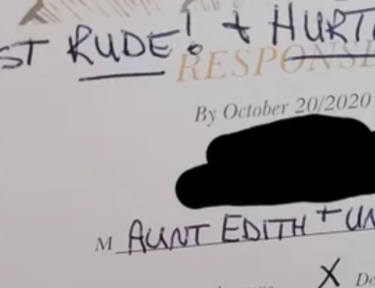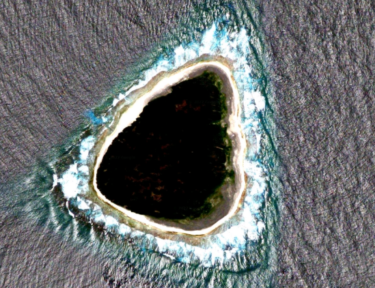In a puzzling turn of events, fish, particularly one of the most endangered species, are meeting an untimely demise along the coasts of Florida, sparking an unprecedented emergency response from marine authorities.
The Florida Fish and Wildlife Commission (FWC) and the National Oceanic and Atmospheric Administration (NOAA) have been left scratching their heads as they grapple with a mysterious phenomenon: fish spinning themselves to death. Despite intensive investigations, the cause of this unusual mortality event remains elusive.
Since late January, wildlife officials have been alarmed by the discovery of hundreds of fish exhibiting abnormal behavior, such as spinning or whirling in the water. This bizarre occurrence has primarily affected sawfish, a critically endangered species related to rays, skates, and sharks. The sawfish, named for their distinctive chainsaw-like bills, have been on the federal endangered list since 2003, making their sudden deaths a cause for grave concern.
Experts are baffled as conventional factors like disease, pollution, or environmental stressors have been ruled out. Furthermore, the deaths cannot be attributed to natural causes, such as red tide toxins or adverse water conditions. With mortality rates rising and no clear explanation in sight, marine biologists are racing against time to save as many sawfish as possible.
In an unprecedented move, a collaborative effort involving wildlife agencies and research institutions aims to rescue distressed sawfish and relocate them to recovery facilities. This endeavor marks a significant departure from conventional marine rescue operations, as sawfish, some reaching lengths of 16 feet, present unique challenges.
“This is definitely the most devastating singular event for sawfish,” said Tonya Wiley, leader of the Smalltooth Sawfish Recovery Team. With rescue operations underway, scientists are counting on public assistance to locate distressed fish. The NOAA has established a tipline At 844-4-Sawfish, while the FWC can be reached via email at [email protected], to report sightings or offer tips.
Learn more about the bizarre fish behavior in the video below!
Have you witnessed any unusual fish behavior along the Florida coast? What are some ways you can help contribute to the ongoing efforts to protect marine life?







